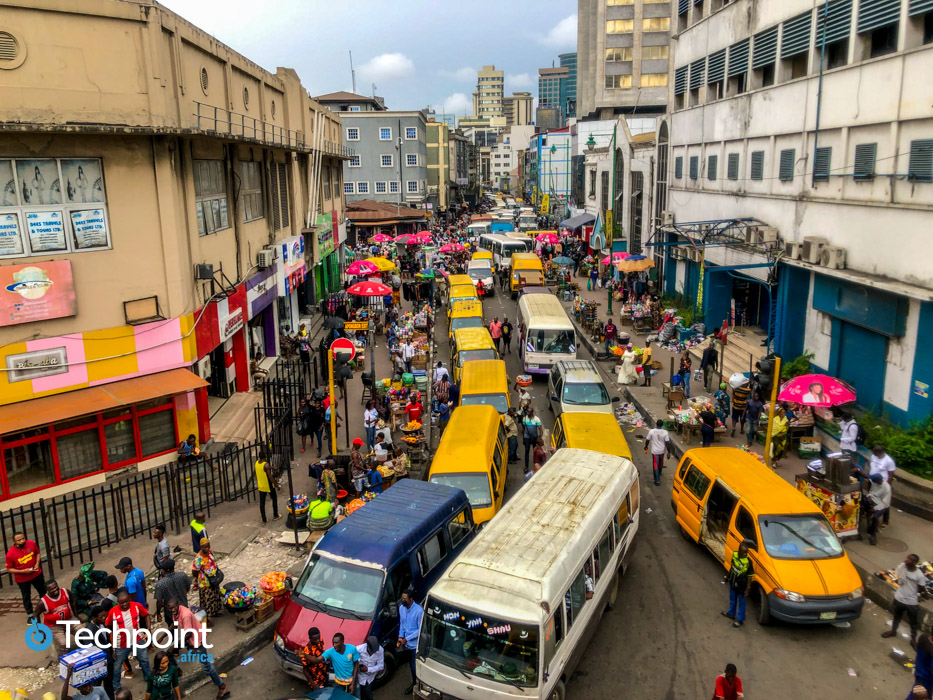The news:
- On Monday, July 15, 2024, ride-hailing drivers in Kenya commenced a five-day strike to demand the removal of value-added tax and better pay.
- To close the first day of the strike action, the drivers marched to the National Transport and Safety Authority (NTSA) office to register their grievances.
- The demonstration follows the directive of the East African nation’s Transport Ministry to Bolt and Uber to cap their commission at 18% per trip to protect thousands of drivers.
In addition to their demands, ride-hailing drivers want to be included in the pricing decision process of Uber and Bolt since they handle expenses like insurance and parking fees.
Explaining the rationale behind their demands, Zakaria Mwangi, Secretary General of the Digital Taxi Association of Kenya, asserted that it is illogical for those who determine the prices not to bear the business operating costs.
“Ultimately, the taxi apps determine the cost of each trip, not the driver,” Mwangi added.
The group also kicked against the e-hailing platforms for charging them taxes of the 18% commission on a driver’s income. Although the taxes go to the government, mobility companies.
Calling it “an unfair business practice,” the drivers, in a meeting on July 14, 2024, stated that they would stop bearing the business operational costs only to enable the app companies to take home guaranteed income.
Bolt, on its part, acknowledged awareness of the ongoing drivers’ strike and noted that the company respects their right to peaceful demonstrations.
In a statement to TechCabal, Bolt assured that it’s committed to continuing the ongoing engagement and partnership with drivers.
Similarly, Uber acknowledged the striking drivers and noted that the platform is monitoring the developing situation. The e-hailing app assured that it’s doing everything within its power to minimise user disruptions for users.
Despite the ongoing strike, some drivers are still taking rides, giving rise to a surge in pricing.
Similarly, in 2019, Kenyan ride-hailing drivers had a nationwide strike that would eventually lead to the 18% commission cap enforcement in 2022.
This is not the first time e-hailing drivers in Africa have used strike actions to protest unfavourable partnership arrangements with mobility platforms.
On June 7, 2023, Nigerian ride-hailing drivers, operating under the aegis of the Amalgamated Union of App-Based Transport Workers of Nigeria (AUATWON), went on strike after the companies denied their demand for a 200% price increase and base fare increase, among other things.










